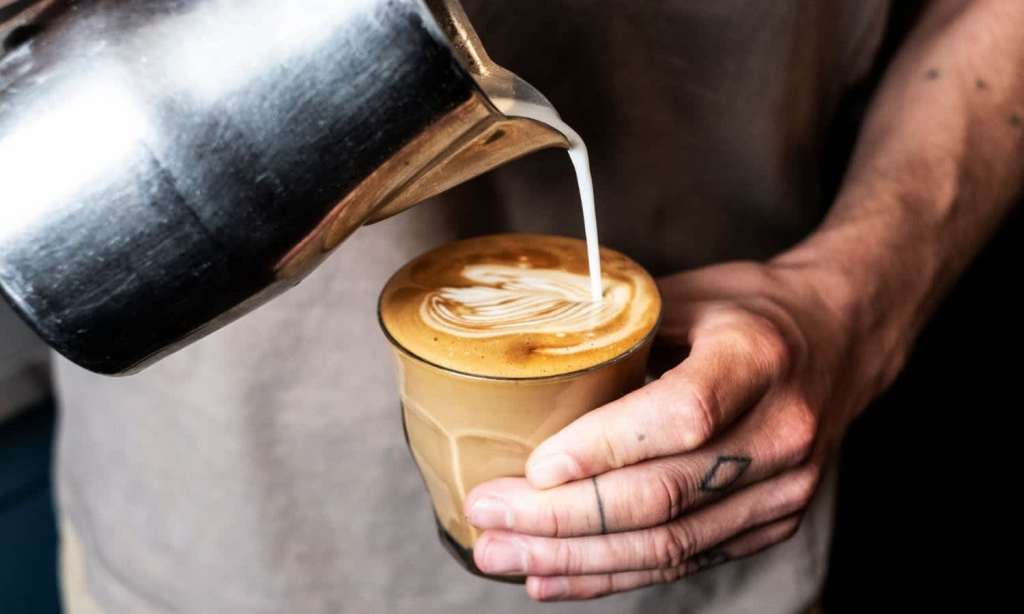Many of us start our day with a cup of coffee and end it with a glass of wine. These rituals bookend our busy lives and give you something to look forward to at the beginning and end of the day.
While both liquids are harmless enough when consumed in moderation, the duo can have surprising effects on your sleep — something you might not have considered. According to sleep scientist Matt Walker, both caffeine and alcohol can affect the quantity and quality of your precious slumber.
“Caffeine is in a class of drugs that we call the psychoactive stimulants,” Walker said in a video for TED. “And everyone knows that caffeine can make them more alert. It can wake them up. But there are at least two additional, hidden features of caffeine that some people may not be aware of.”
Walker points to the duration of caffeine and how long it stays in your system. Apparently some of the stimulant can still be present for five to six hours after you’ve consumed the caffeinated beverage.
“What that means is that after about five to six hours 50% of that caffeine that you had is still circulating in your system,” Walker said. “What that also means is that caffeine has a quarter-life of about 10 to 12 hours.
“In other words, let’s say that you have a cup of coffee at 2pm in the evening. It could be that almost a quarter of that caffeine is still swilling around in your brain at midnight. And as a result, it can make it harder for an individual to fall asleep or even stay asleep soundly throughout the night.”
The second issue with caffeine is its effect on the quality of your sleep. While some people might be able to down an espresso after dinner and fall to sleep without any trouble, their deep restorative sleep will still be affected.
“Caffeine can actually decrease the amount of deep, non-rapid eye movement sleep that we have, stages three and four of non-REM sleep,” said Walker. “And as a consequence, you can wake up the next morning, and you don’t feel refreshed, you don’t feel restored by your sleep.
“But you don’t remember waking up, you don’t remember struggling to fall asleep, so you don’t make the connection, but nevertheless you may then find yourself reaching for two cups of coffee in the morning to wake up rather than one.”
This can lead to a vicious cycle where you’re constantly reaching for coffee as a boost due to not sleep well but the caffeine could also be the reason for the poor sleep. Much like caffeine, alcohol isn’t doing great things for your slumber either — despite what you might think.
While alcohol is indeed a sedative, sleep and sedation are two quite different things. And, it seems that we are regularly mistaking sedation for deep sleep.
“Sedation is a case where we’re simply switching off the firing of the brain cells, particularly in the cortex,” Walker explained.
“And that’s not natural sleep. In fact, during deep non-rapid eye movement sleep, for example, the brain has this remarkable coordination of hundreds of thousands of cells that all of a sudden fire together, and then they all go silent, and then they all fire together, and then they go silent, producing these big, powerful brainwaves of deep non-REM sleep.”
Alcohol also plays havoc with your length of sleep. How many times do you wake up after having a big night? We’re guessing quite a bit thanks to alcohol’s ability to fragment your slumber.
“Alcohol can actually trigger and activate during sleep what we call the fight or flight branch of the nervous system, which will therefore wake you up more frequently throughout the night,” Walker said. “And alcohol can even increase the amount of alerting chemicals that are released by the brain, once again fragmenting your sleep.”
Finally, booze also has implications for your REM sleep. In fact, it pretty much blocks it from happening, and according to Walker, dream sleep is extremely important for your emotional and mental health as well as your creativity. Not ideal.
While everyone’s approach to caffeine and alcohol is personal, this is a good reminder to practice moderation when it comes to consuming these liquids.
“Now I’m not here to tell anyone how to live,” Walker said. “I don’t want to be puritanical. I’m just a scientist. What I want to try and do is provide you with the information about the relationship between caffeine and alcohol on your sleep so then you can make an informed choice as to how best you want to live your life when you’re trying to prioritise your sleep health.”







